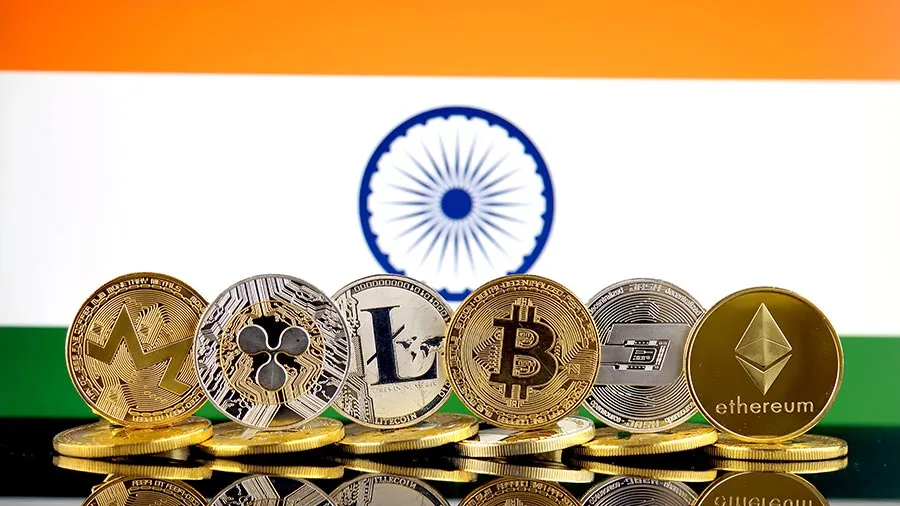Finance Minister Nirmala Sitharaman included a flat 30% tax on crypto in India on all proceeds from the sale of virtual digital assets, including cryptocurrency, in the Union Budget 2022.
Additionally, the Finance Minister implemented a 1% TDS on all cryptocurrency transactions. The Indian crypto community reacted angrily to this, labeling the most recent restrictions “detrimental” and “regressive.”
In light of the fact that crypto taxes can be evaded by using decentralized exchanges (DEX) like PancakeSwap and Uniswap or engaging in peer-to-peer crypto transactions, some in the cryptocurrency ecosystem are now pointing out that the current system has flaws. Does this function, then? Can one get past the country’s current crypto tax laws?
Yes, this looks like sound logic in theory. It may seem like the best way to avoid taxes is to use decentralized cryptocurrency exchanges, which are exchanges that allow direct P2P cryptocurrency transactions without middlemen and do not require KYC. However, cryptocurrency users need to understand that navigating decentralized tools is incredibly difficult, and the risk is entirely on the investor.
Additionally, investors would be required to pay taxes on their cryptocurrency earnings once they were converted to cash. Furthermore, it would be absurd to assume that India’s tax administration, as well as its financial intelligence and enforcement organizations, are unaware of these developments. These elements are mentioned in some of the twitter comments as well.
According to cryptocurrency influencer and educator Kashif Raza, the government ought to have released guidelines to help apply the most current taxation along with the tax regulations. When questioned if it’s a good idea to use DEX and P2P methods to evade taxes, he replied: “Not at all. Every person is required to declare and pay taxes, thus if the government has suggested taxes, people shouldn’t try to evade them. I believe that before proposing taxes, the government should have created regulations with clear instructions on what is acceptable and what is not.
Pratik Gauri, co-founder and CEO of 5ire blockchain, responded to BT when asked if the current crypto tax policy would encourage gray markets and tax fraud, saying: “Every tax law, sooner or later, has a loophole uncovered in it, and India’s crypto tax law would not be an exception. [Using DEX and P2P] is comparable to the concept of avoiding income taxes by just using cash. The scheme may be successful initially, but once the government catches on, it will be nearly impossible. Experts contend that one of the main reasons tax evasion through DEX and P2P markets would not be successful is that investors would eventually have to convert their cryptocurrency gains to fiat because only then would they be able to purchase goods or services in India since cryptocurrencies are not yet recognised as legal tender in that nation.
Nevertheless, there are still some locations across the nation that take bitcoins as a form of payment.
For their “digital thali,” Ardor 2.1, a restaurant in New Delhi, the capital of India, accepts cryptocurrency payments. Devilz Tattooz, a tattoo business in Greater Kailash, Delhi, also takes cryptocurrency payments. But these are uncommon.
Although it could appear appealing to try to escape crypto taxes through DEX and P2P, it’s crucial to consider the underlying dangers and potential outcomes.
Binocs is a platform where you can easily do your crypto portfolio management and taxation with a great ease just with a click. Check out the website right away.
